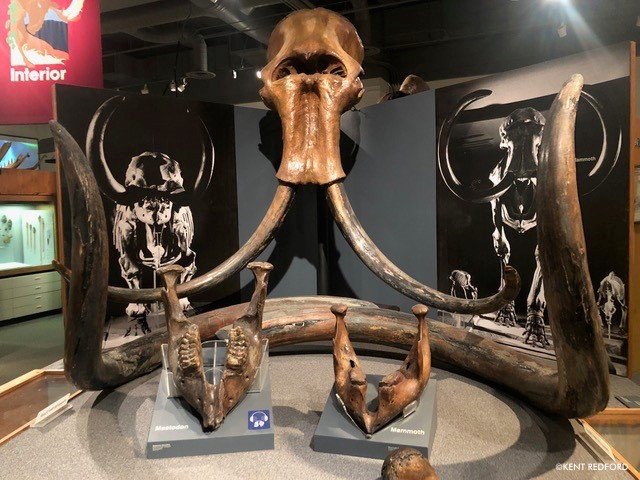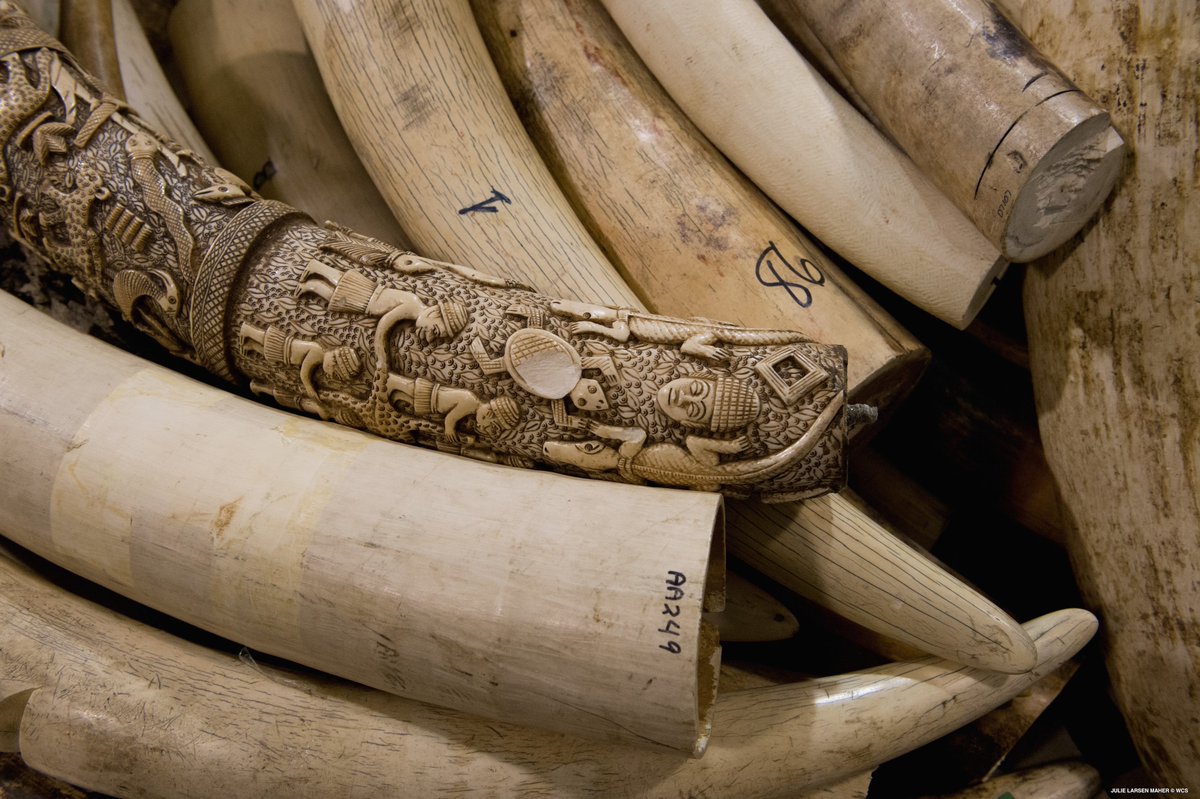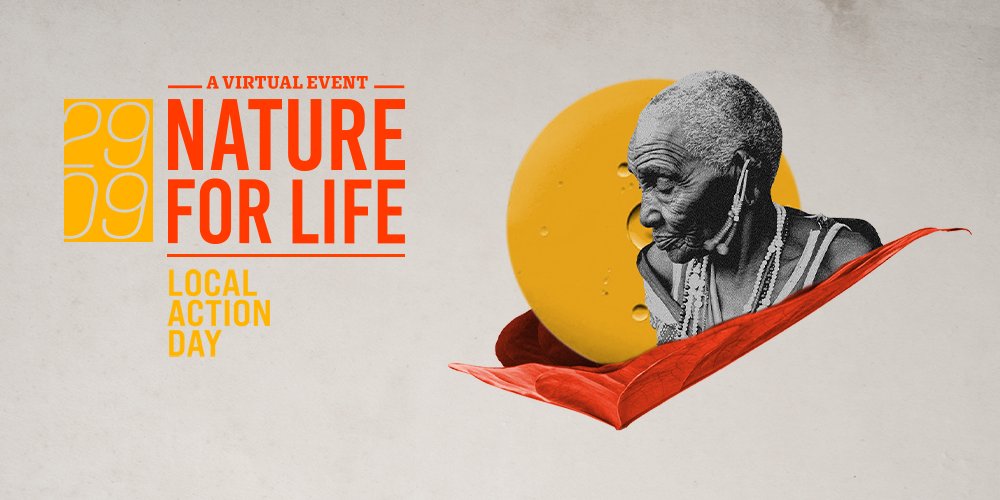THREAD: Sunday is the #CITESCOP18 vote on woolly mammoth. bit.ly/2Z8hCRG
This is a unique vote. So here's a little background on why protections are needed for an extinct species. (1/5)
This is a unique vote. So here's a little background on why protections are needed for an extinct species. (1/5)

Yes, mammoths are extinct.
BUT #ClimateCrisis has exposed mammoth ivory in once-frozen regions and caused a spike in the largely unregulated trade. (2/5)
BUT #ClimateCrisis has exposed mammoth ivory in once-frozen regions and caused a spike in the largely unregulated trade. (2/5)
This has also allowed for the potential laundering of illegally obtained #elephant ivory disguised as being from a mammoth. (3/5) 

“It’s ironic that an extinct species may be helping drive depletion of an existing species,” says WCS’s
@sslieberman, “but that’s what may be happening.” (4/5)
@sslieberman, “but that’s what may be happening.” (4/5)
At #CITESCoP18, Israel has proposed a way to help: list the woolly mammoth on #CITES Appendix II, which means its trade will be regulated to ensure it’s legal and sustainable.
We support this measure. Vote will be on Sunday. Stay Tuned! (5/5) #WorldWildlifeConference
We support this measure. Vote will be on Sunday. Stay Tuned! (5/5) #WorldWildlifeConference

• • •
Missing some Tweet in this thread? You can try to
force a refresh
















